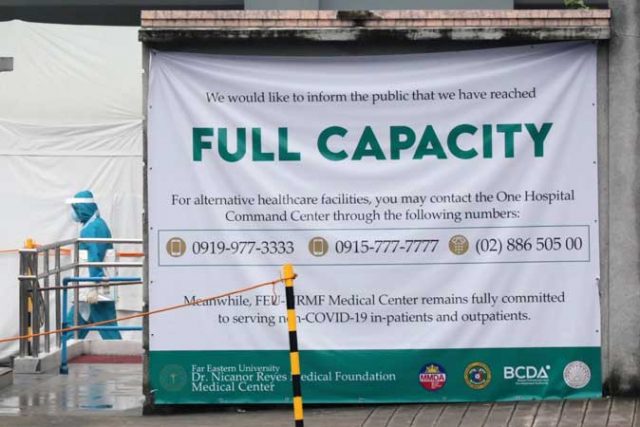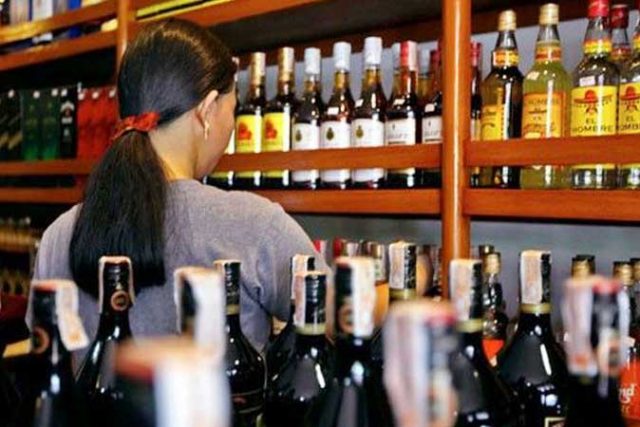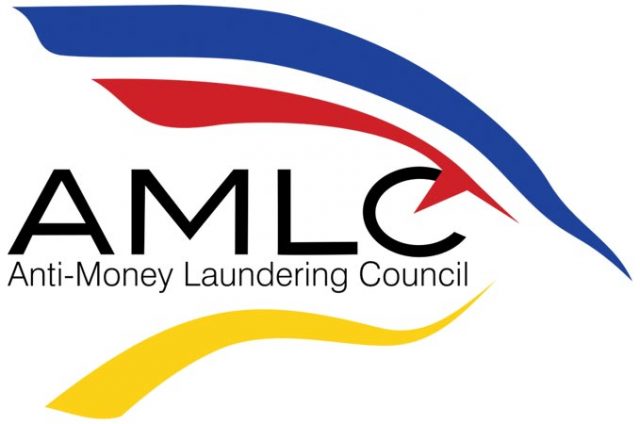More than a year into the COVID-19 pandemic, it is apparent that the impact of this global health crisis has far-reaching implications. Countries are still battling to contain the virus and businesses continue to adapt and find ways to address the resulting disruption. According to the EY Global Capital Confidence Barometer, 92% of global respondents reported a negative impact on their profitability due to COVID-19. For companies to thrive in this disruptive and rapidly changing landscape, looking beyond the immediate challenges is key — companies need to also seize the opportunity to transform and make long-term, strategic decisions on how to reframe their future.
To accomplish this, it is important to be able to distinguish between temporary shifts in behavior and enduring changes. Companies have to focus on key trends that had been shaping up even before 2020 but were accelerated by the pandemic, and which will significantly impact how business is conducted. These trends were identified in the EY article, How companies can win in a dislocated economy. Companies need to consider these key trends in their strategy in order to reposition themselves for growth beyond the pandemic and achieve long-term success.
DIGITALIZATION
Emerging technologies such as data analytics, artificial intelligence and robotics continue to have a transformative effect on companies regardless of their size, and across all aspects of business. As technological disruptions continue to arise today even under the shadow of the pandemic, companies will need to fully embrace digital instead of adopting it in silos. They need to incorporate it into their culture and corporate strategy, as well as allocate resources to accomplish their digital transformation goals.
The 2020 study EY-Parthenon Digital Investment Index found that companies that achieved higher returns on their digital investments have better technical execution and clearer strategies. These digital leaders reported stronger revenue growth in the past two years and expect to sustain this growth in the future.
ESG AGENDA
The pandemic has also heightened awareness of environmental, social, and governance (ESG)-related risks. As a result, there is increased pressure from stakeholders for companies to review their efforts to address global challenges such as sustainable growth and climate change. Businesses are driven to take action on these issues by rebuilding a stronger post-crisis business landscape underpinned by sound ESG principles.
Companies that prioritize the ESG agenda benefit by driving improved financial returns and simultaneously making a better overall impact on the world as they do business. Research has proved that ESG initiatives positively correlate with the performance, financial value and reputational value of a company to investors. A University of Oxford study reveals that 88% of companies with robust ESG practices also demonstrate better operational performance.
Given how wide the scope ESG can be, it may be a challenge for some companies to identify specific priorities and focus areas that can best deliver material sustainability, yet the data show that this is a necessary step for continuing growth.
SECTOR CONVERGENCE
Some sectors did better than others in recovering from the uncertainty of COVID-19, resulting in uneven K-shaped recovery that is pushing sectors to converge as they push to survive. Lines between sectors such as media, telecommunications and healthcare were blurring even before the pandemic, driven by changing consumer behaviors and technological advancements. Digital ecosystems now connect very different stakeholders, indistinguishably linking insurers, governments, healthcare providers and consumers.
We are already seeing this trend in our own market where, for example, we see a telecoms provider bundling healthcare and COVID-19 insurance into its packages, in addition to traditional voice and data plans. Similarly, some insurance companies are found on online retail platforms to market their products.
Moving forward, companies will have to determine the impact of sector convergence upon their operating environment and find ways to rise past the challenges that emerge while also creatively coming up with adjustments to existing business models so that they can better capitalize on resulting new opportunities.
CHANGING GEOPOLITICS
The pandemic exacerbated an inward-looking approach for several countries, impacting how governments made policies in their efforts to protect their citizens, create more jobs and address falling economies. However, Southeast Asia saw an opposite trend where countries like Vietnam and Indonesia liberalized their laws to attract foreign investment. In the Philippines, there is also a move to liberalize foreign investment in certain industries through the proposed amendment of the Public Service Act, Retail Trade Liberalization Act, and Foreign Investment Act.
Global leadership is also simultaneously becoming more multipolar as the US, EU and China emerge as competing powers. Smaller countries will have to align their activities to address changing global dynamics, while companies need to focus on applying and building resilience into their supply chains to anticipate the disruption from geopolitical shifts.
REPOSITIONING FOR GROWTH BEYOND THE CRISIS
Companies need to consider these key trends in developing their blueprints for recovery and growth. However, they will find that there is not one formula that can fit all, and that the right strategy will vary across industries.
Businesses from any sector can nonetheless reposition for growth amid the current economic landscape. To do this, companies need to adopt proactive strategies based on a strong understanding of the key trends as well as the resulting sector dynamics and rapidly changing market landscape. These proactive strategies include taking bold decisions to transform existing businesses or transact through acquisition or divestment. Acquisition can help the company expand its capabilities or reach new markets and accelerate growth, while divestment can help build resilience. Past experience shows that companies who made the early bold choices — particularly acquisition or divestment — during crises had significantly higher total shareholder return over time, even if this meant taking an initial hit on their cash flows. These bold strategic decisions can create competitive advantage and long-term value to the business beyond the crisis.
By integrating the key trends into their growth strategies and identifying the right path to follow, companies can reframe their future and emerge stronger in the period of post-pandemic recovery.
This article is for general information only and is not a substitute for professional advice where the facts and circumstances warrant. The views and opinions expressed above are those of the author and do not necessarily represent the views of SGV & Co.
Noel P. Rabaja is the Strategy and Transactions Leader of SGV & Co.












